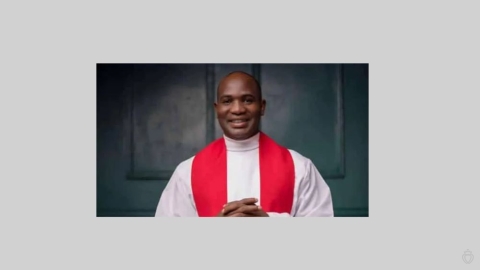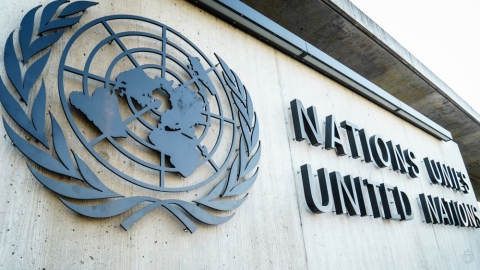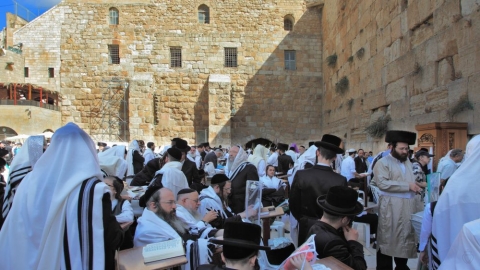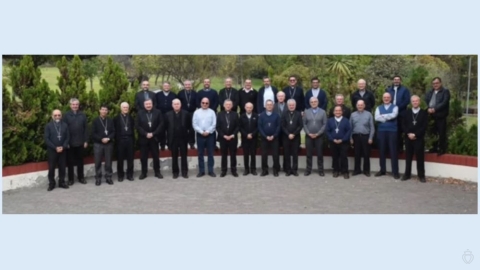A Mexican Bishop Sounds the Alarm
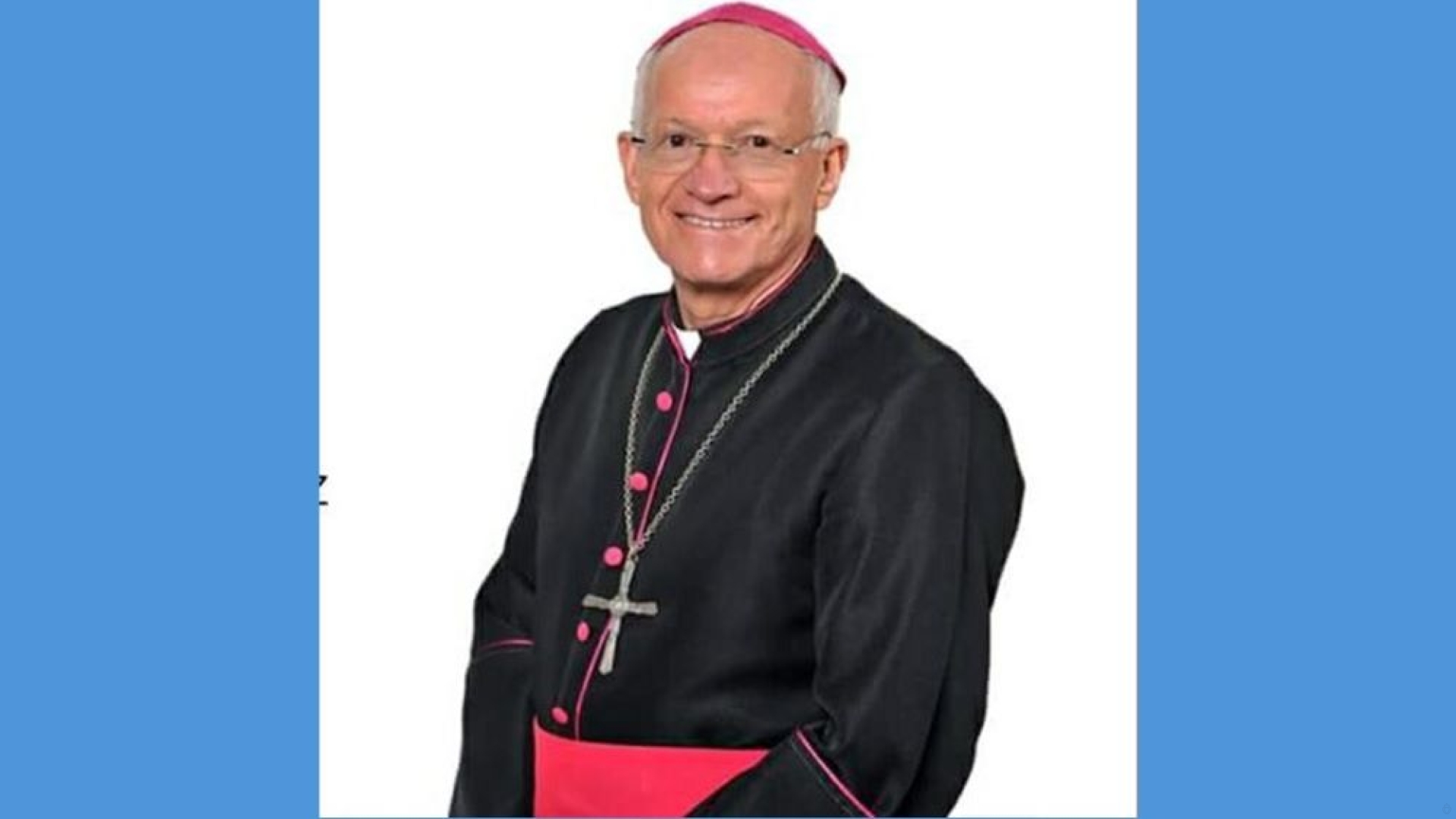
Bishop Rodrigo Aguilar Martinez
A Mexican bishop warns of the climate of extreme violence reigning in his country on the eve of the presidential elections which are due to take place on June 2, 2024. Organized crime – mainly the drug trade – is preventing voters from going to the polls in some regions. It is a valuable warning for other countries being progressively corrupted by drug trafficking.
“In certain parts of Chiapas affected by the violence, drug traffickers control movement and the conditions are not met to organize any electoral vote,” explains in a video published on the information site of the diocese of San Cristobal de Las Casas, Bishop Rodrigo Aguilar, quoted by Crux.
The pastor describes the lived daily chaos of the inhabitants of Chiapas, a southern state of the Mexican Federation, ruined by drug cartels. “I have lived here for six years – confides the disillusioned prelate – and I have never seen such a degree of insecurity,” he told Crux.
In this context, there is no question of encouraging the many Catholic faithful to go to the polls on June 2 as they would usually do: “many parishes told me that the situation had become impossible and that the authorities would not be able to ensure the security of voters,” deplores Aguilar to the newspaper.
These are well-founded fears, especially since on May 12, drug lords terrorized the town of Nueva Morelia, murdering twelve people including two catechists and a deacon: “it is a terrible shock for all the parishes in the region,” laments the Bishop of San Cristobal in his interview.
A few days before the presidential elections, more than thirty candidates were assassinated in Mexico according to Le Figaro. “The victims are from all parties, represent all opinions, but what they have in common is that they threaten the activities of the powerful cartels,” explains this newspaper.
“They don't let us campaign in poor and remote communities. Before, organized crime was not involved in politics, now it wants to impose its local politics to continue its activities,” explains Jacinto Gonzalez, leader of the ruling party in Chiapas, to Le Figaro.
The drug barons, omnipresent in this southern part of Mexico, have little by little “shifted their activities from the production of marijuana or opium to widespread extortion actions” explains Le Figaro. “Public transport drivers are being extorted, just like the smallest manufacturer of essential goods, from chicken to tortillas.
The French daily notes that geographically, “violence against politicians is not distributed evenly across the territory. . . We are observing certain red zones, notably the states of Guerrero, Guanajuato, and Veracruz,” specifies Itzel Soto, member of Data Civica, an organization which records attacks against political personnel.
And to top it all off, many voters are wondering if the political choice they are being offered on June 2 is a real choice: on one side, Claudia Sheinbaum, left-wing candidate to succeed Andrés Manuel Lopez Obrador (AMLO), must take responsibility for the record of the outgoing president who failed to free the country from organized crime.
On the other side, Xochitl Galvez, right-wing candidate, embodies the opposition but not renewal, because his candidacy is supported by two parties, the PRI and the PAN, “which ruled Mexico for an 88 year” period “punctuated by scandals, massacres, and corruption cases,” which many Mexicans remember, recalls Le Figaro.
Only one change is almost certain in the days to come: for the first time, a woman could exercise the highest jurisdiction in a Mexico of 127.5 million inhabitants, where nearly 80% of the population identifies as Catholic.
(Sources : Crux/Le Figaro – FSSPX.Actualités)
Illustration : Facebook / Obispo Rodrigo Aguilar Martínez
